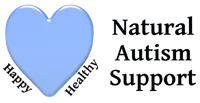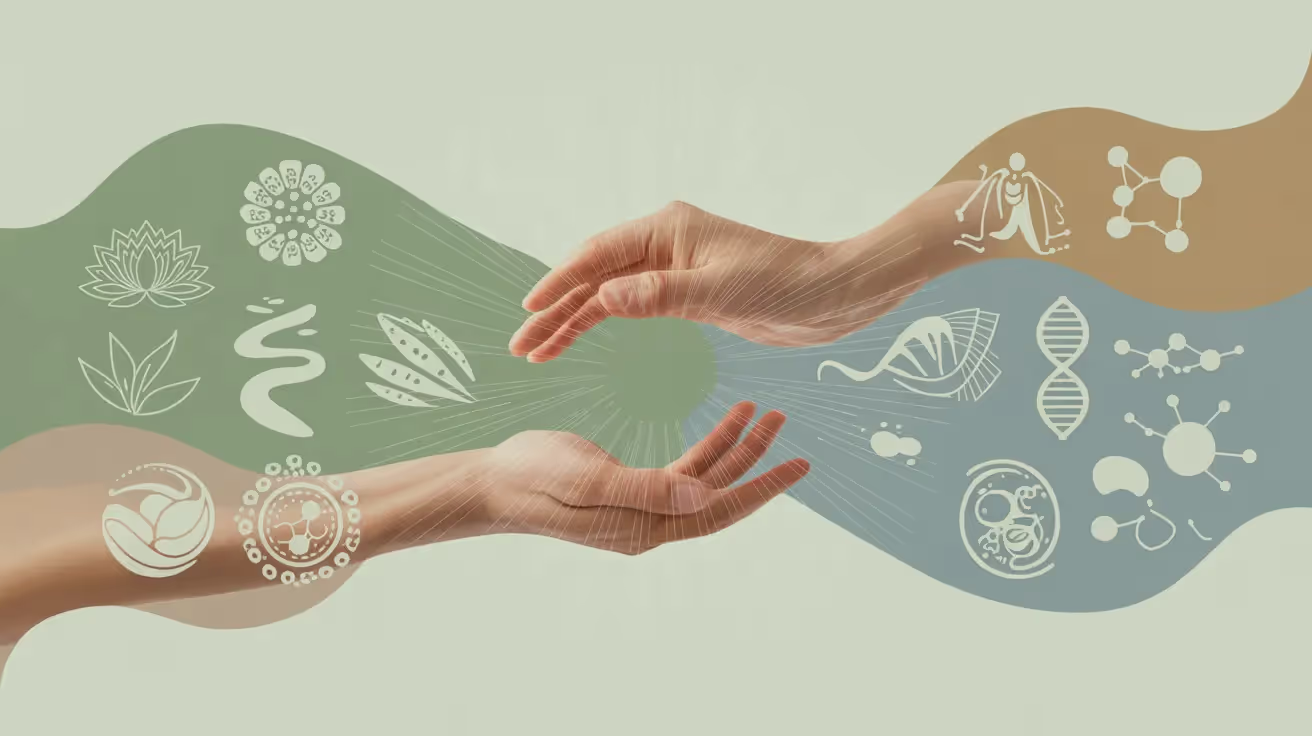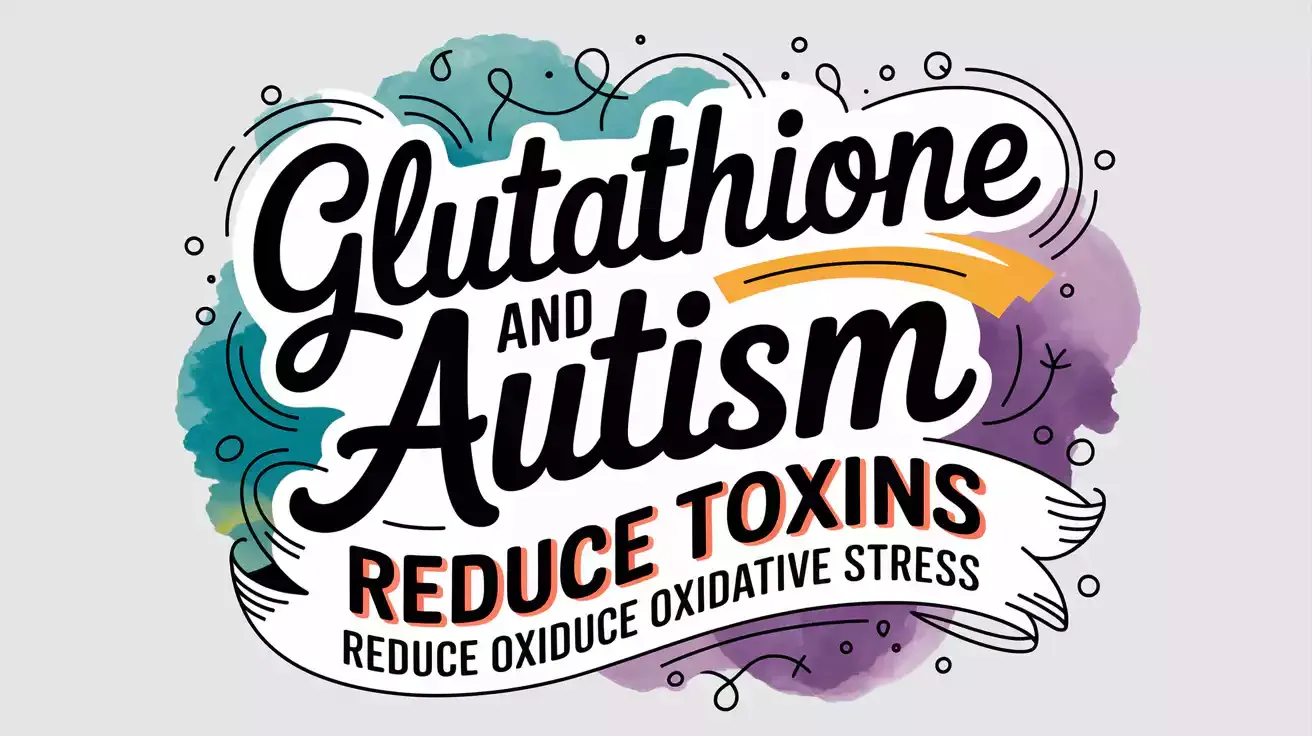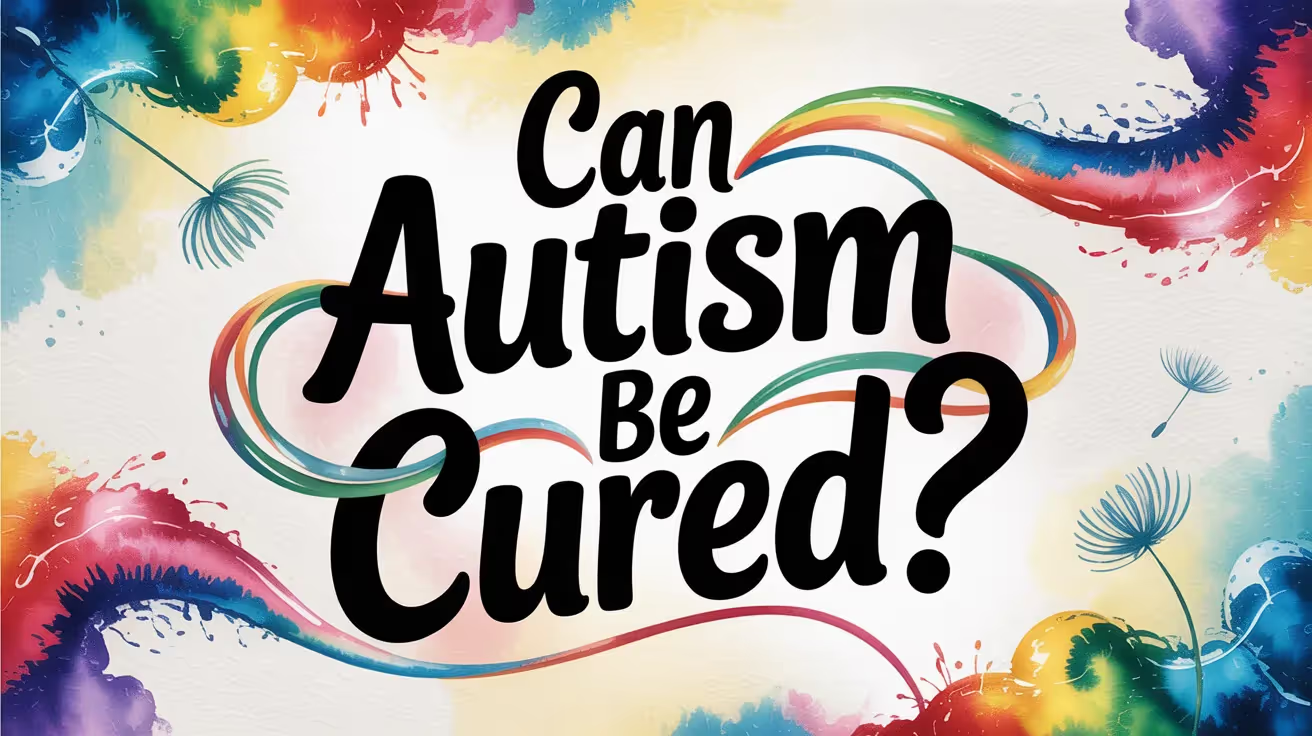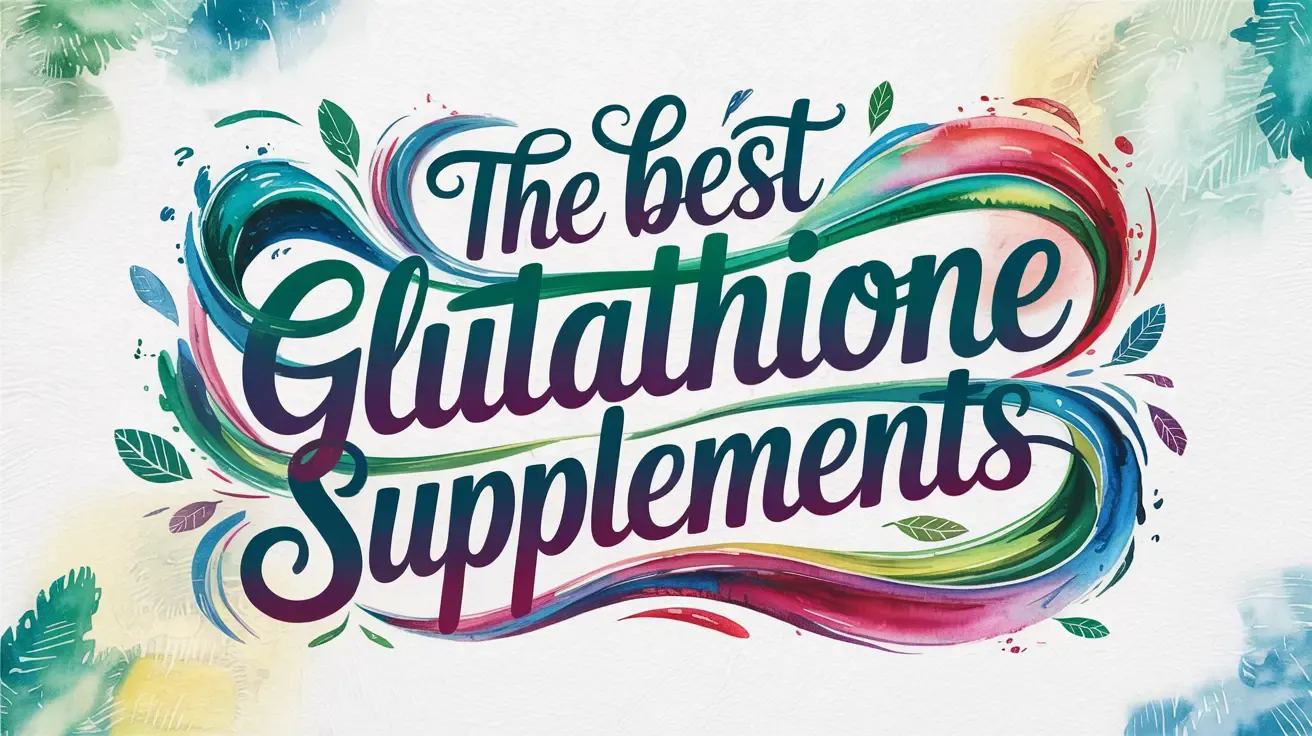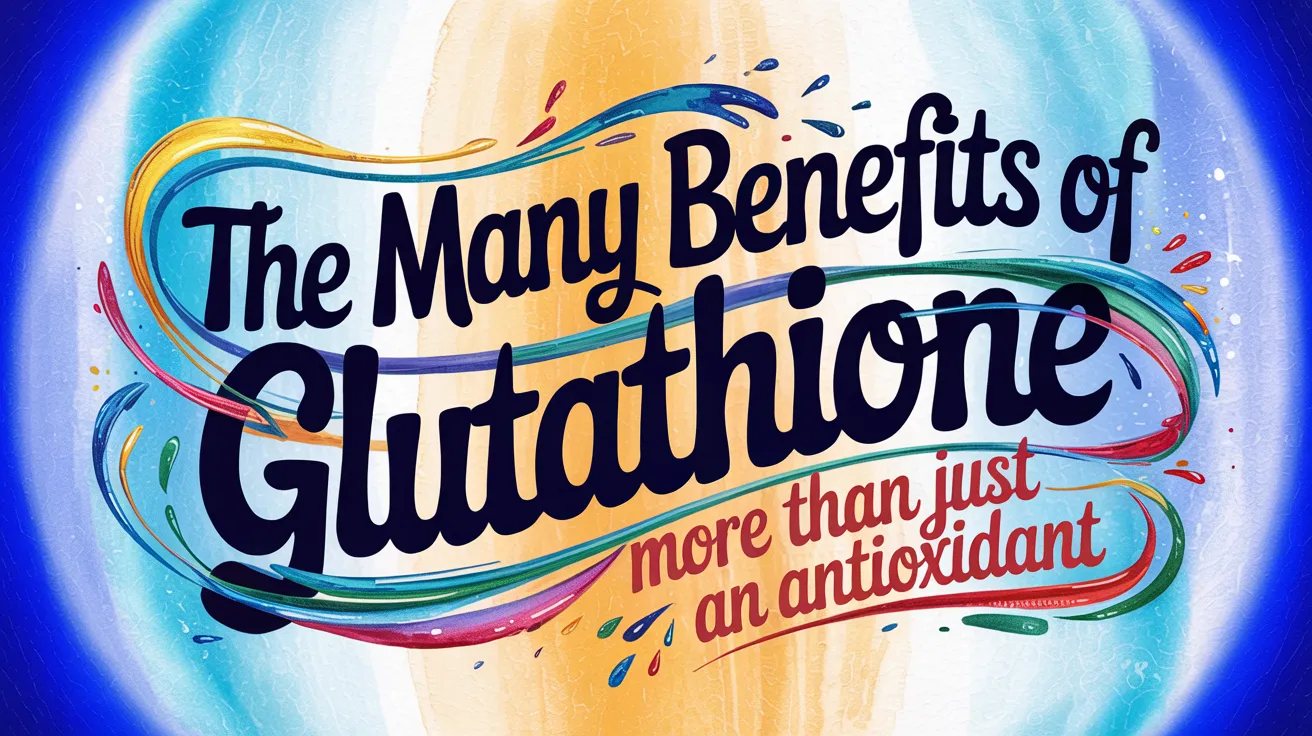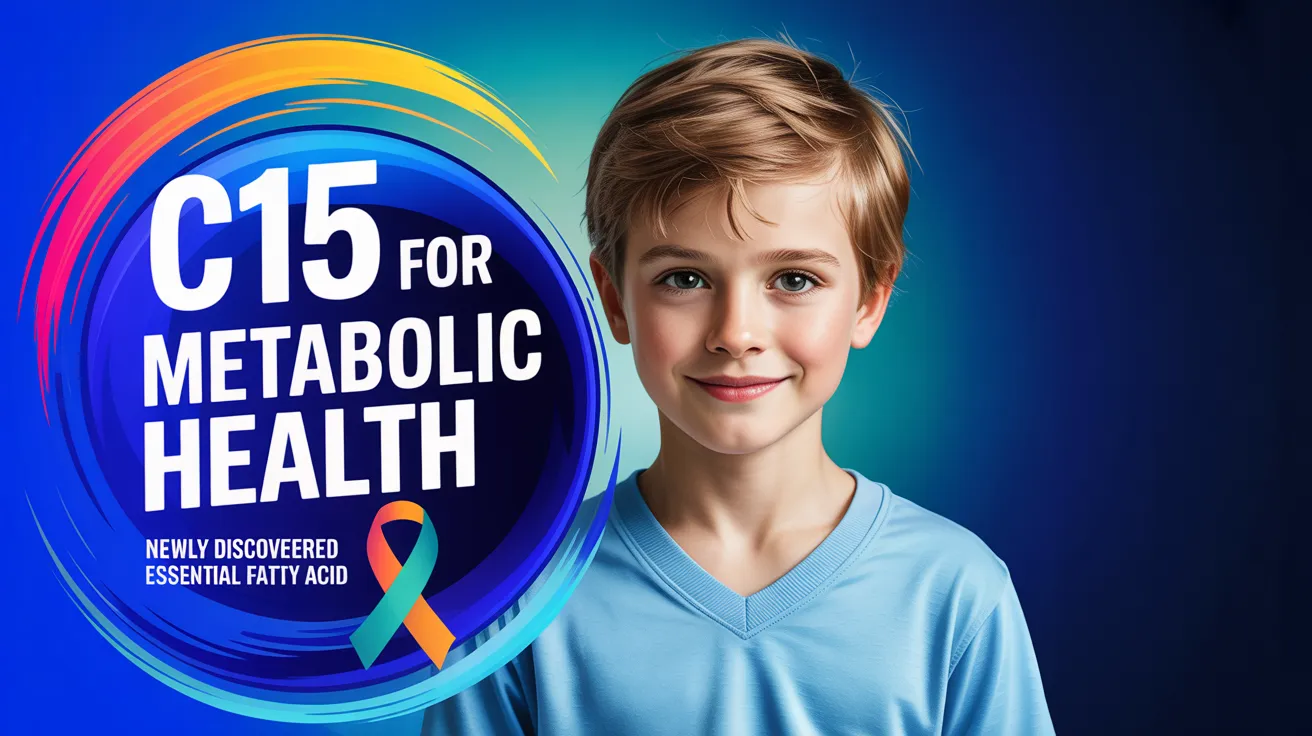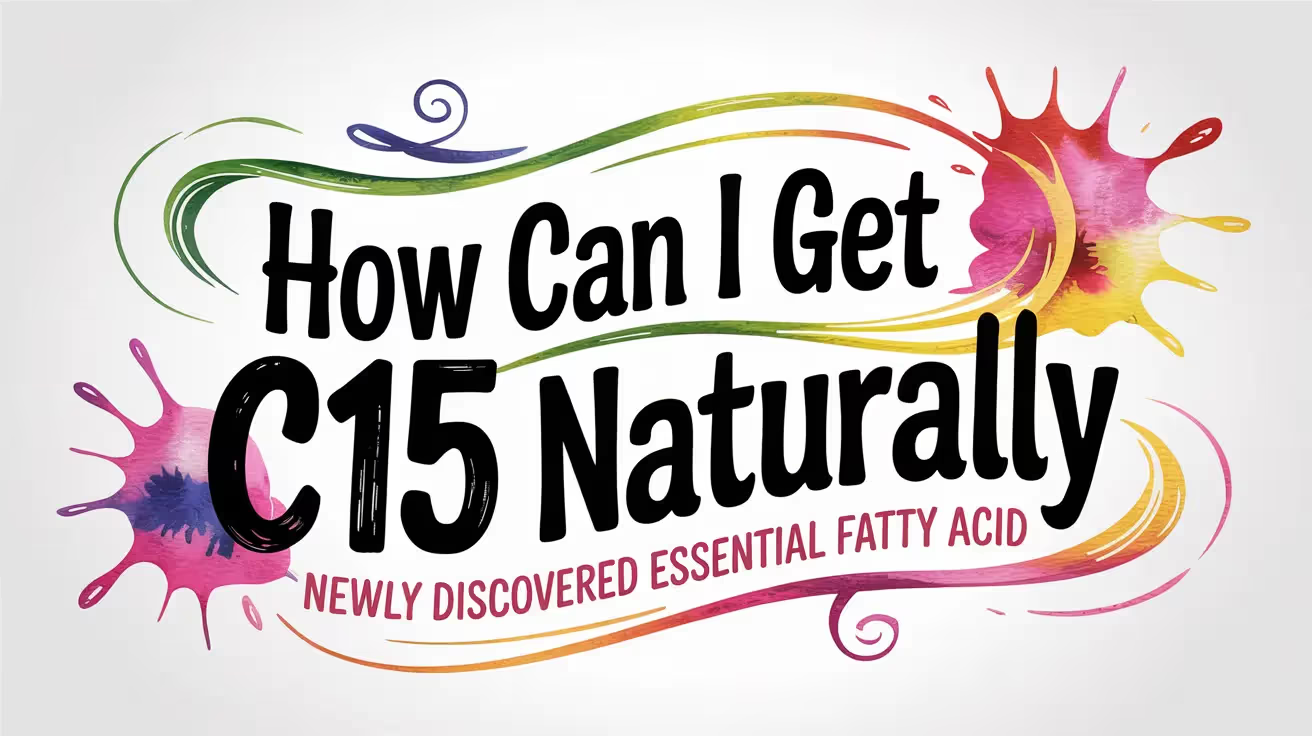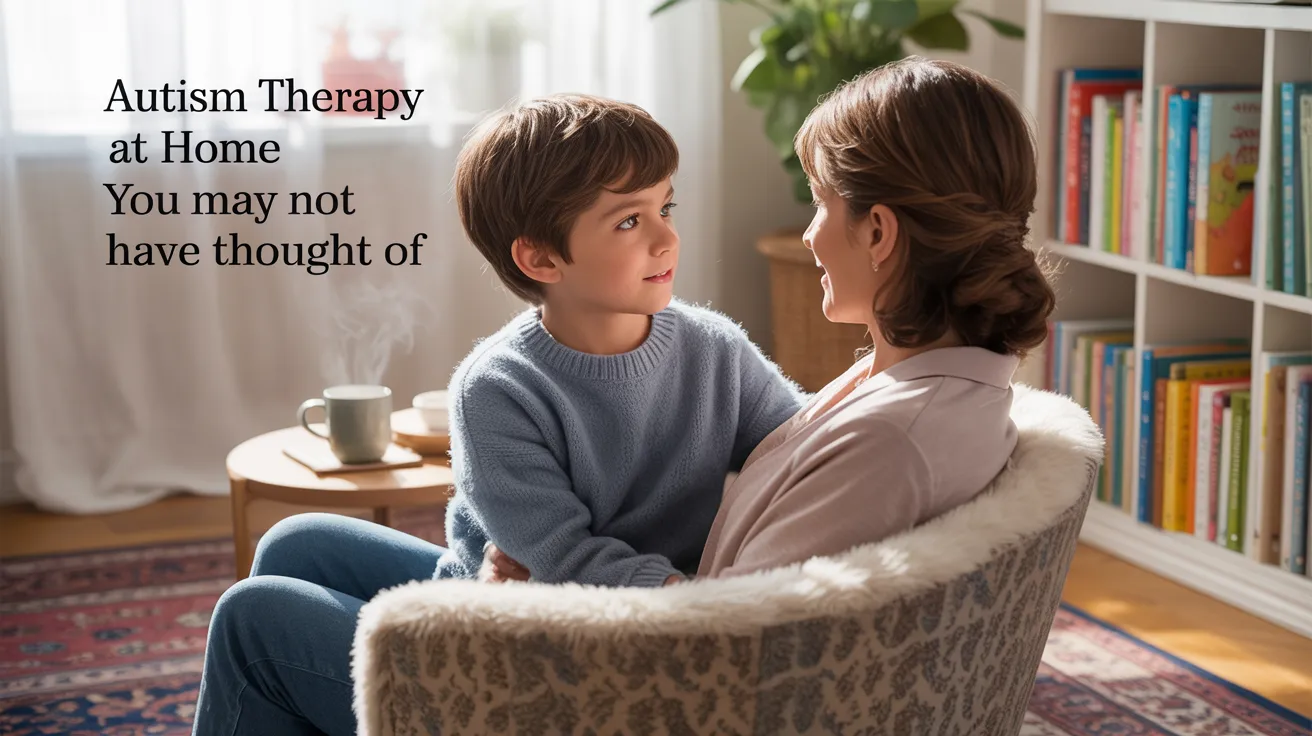Did you know that over 30% of adults in the U.S. use some form of alternative medicine alongside conventional treatments? As we explore the future of healing, we find ourselves at a fascinating crossroads where modern medicine and alternative therapies intersect. This integration could redefine how we approach healthcare, offering a more all-encompassing and personalized experience. But how do we effectively combine these modalities without compromising their individual strengths? Join us as we navigate this complex landscape and consider what a truly integrative healthcare system might look like in the coming years.
Key Takeaways
Integrative medicine combines traditional and evidence-based treatments, creating a holistic approach for improved patient outcomes.
Mindfulness and energy healing practices enhance mental resilience and support stress reduction in healthcare.
Personalized care tailors treatments to individual needs, fostering patient engagement and better health outcomes.
Holistic approaches address chronic diseases through diet, acupuncture, herbal medicine, and physical activity.
The World Health Organization supports integrating traditional medicine into global health systems for efficacy and quality.
Harmonizing Modern and Alternative Medicine
As we explore the harmonization of modern and alternative medicine, it's clear that integrating these approaches offers a more complete path to health care. Integrative medicine combines the best of evidence-based treatments with the wisdom of traditional medicine, crafting a holistic approach that enriches patient care.
In our pursuit to serve others, we should recognize how complementary therapies can enhance conventional practices, offering tailored solutions that cater to individual needs and preferences.
With approximately 62% of the population engaging in integrative medicine, this trend reflects a growing demand for a thorough health care model. By embracing both modern and traditional healing methods, we acknowledge the complexity of the mind-body connection and the importance of personalized care.
This shift towards a more inclusive health care paradigm underscores the need for collaboration between conventional and alternative practitioners. Research supports this integration, demonstrating how dietary changes and herbal remedies can effectively manage chronic conditions. Such findings affirm the value of incorporating complementary therapies into conventional treatment plans, thereby advancing patient outcomes.
The World Health Organization's endorsement of integrating traditional medicine into global health systems further emphasizes the importance of establishing standards for quality, safety, and efficacy.
As we continue to build bridges between diverse healing modalities, we foster a culture of patient-centered care that respects and empowers individuals. By advocating for thorough care models, we not only enhance patient education but also guarantee that every individual receives the best possible support on their health journey.
This integrative approach is the future of patient care.
The Science of Energy Healing
Energy healing represents a fascinating intersection of ancient practice and modern inquiry. As we investigate the science of energy therapy, we find that it's not just about historical traditions but a growing field supported by emerging evidence.
Practices like Reiki and Qi Gong harness healing frequencies believed to manipulate the body's energy field, promoting stress relief and relaxation. These techniques, classified under complementary and alternative medicine, offer a unique avenue for enhancing patient care.
Mitochondrial function plays a vital role in energy production, and therapies like energy healing may help reduce oxidative stress, which can damage mitochondrial DNA. A diet rich in omega-3 fatty acids and antioxidants can also support mitochondrial function and membrane integrity, potentially enhancing the effects of energy healing.
Research indicates that energy healing can lead to measurable physiological changes, such as reduced heart rate and blood pressure. These benefits suggest its potential integration into traditional medicine, especially for conditions like chronic pain and mental health issues.
Some studies even highlight enhanced immune function, showcasing increased white blood cell activity post-sessions. However, it's clear that to fully understand and validate these outcomes, rigorous scientific studies are essential. This guarantees that energy healing's mechanisms and benefits are well-documented and reliable.
Our commitment to serving others compels us to explore these alternative modalities with an open yet discerning mind. As we consider integrating these therapies into our healthcare practices, let's reflect on:
The balance between ancient wisdom and modern science.
The potential for energy therapy to complement conventional treatments.
The need for evidence-based practices in holistic care.
The role of personalized care in addressing unique patient needs.
The importance of rigorous scientific studies in validating alternative therapies.
Mind-Body Connection in Healthcare
Recognizing the profound impact of the mind-body connection is essential in holistic healthcare. By understanding how our mental and emotional states influence physical health, we can enhance the way we care for ourselves and others.
An integrative approach, blending modern medicine with mind-body therapies, holds promise for addressing chronic conditions more effectively. Research shows that mindfulness meditation and yoga, as stress-reduction techniques, not only reduce anxiety and depression but also bolster immune function and overall well-being.
In addition, a diet rich in essential fatty acids, such as omega-3s, can support brain health and potentially alleviate symptoms of autism spectrum disorder. Moreover, recent studies have highlighted the benefits of C15 fatty acid in enhancing brain health and reducing inflammation.
In our practice, we've seen firsthand how incorporating these techniques can transform patient care. Patients engaging in mind-body therapies often report improved management of chronic illnesses, experiencing fewer symptoms and a better quality of life.
This underscores the potential of holistic healing to complement traditional treatments by addressing the psychological factors that contribute to physical ailments.
The integration of mind-body approaches is gaining traction in conventional medicine, and with good reason. Evidence supports that these practices can enhance patient outcomes by promoting a more thorough healing process.
Healthcare professionals are increasingly incorporating stress-reduction techniques and psychological support into treatment plans for conditions such as chronic pain and cardiovascular diseases.
As we continue to explore this integrative approach, let's remain committed to advancing our understanding of the mind-body connection. By doing so, we can offer more effective, compassionate care that truly addresses the needs of the whole person.
Together, we can foster a healthcare environment that embraces holistic healing and empowers patients to take an active role in their own health journey.
Personalized Care and Treatment Plans
Embracing personalized care and treatment plans has revolutionized the way we approach health care, transforming it into a truly patient-centered experience. By tailoring treatments to each individual's unique genetic, environmental, and lifestyle factors, we enhance health outcomes and foster a deeper connection with those we serve.
This approach integrates conventional medicine with complementary therapies, enhancing patient engagement and adherence to treatment protocols.
We understand that managing chronic diseases like diabetes and hypertension requires a thorough approach. Personalized care allows us to incorporate dietary adjustments and alternative therapies, providing holistic strategies that address both physical and mental health needs.
Integrating traditional practices such as Ayurveda and Traditional Chinese Medicine offers a broader perspective on healing that resonates with our patients' values and preferences.
In our quest to serve others more effectively, we recognize the profound impact personalized care has on improving satisfaction and quality of life. It's not just about treating symptoms but about nurturing the whole person.
Patient-Centered Approach: Focus on individual needs and preferences.
Complementary Therapies: Integrate with conventional medicine for a balanced treatment plan.
Holistic Strategies: Address both physical and mental health with a broader perspective.
Chronic Disease Management: Use personalized plans for better control and prevention.
Patient Engagement: Foster adherence and satisfaction through active participation.
The Rise of Integrative Medicine
Integrative medicine is reshaping the healthcare landscape by blending conventional treatments with complementary and alternative therapies. This approach acknowledges the growing interest in traditional and complementary medicine, as evidenced by nearly 50% of individuals in developed nations using these modalities alongside conventional treatments.
Our healthcare systems are gradually embracing this shift, recognizing the potential of integrative medicine to enhance patient outcomes and well-being.
Chronic diseases, which modern medicine often struggles to manage effectively, stand to benefit considerably from this integrative approach. By incorporating alternative therapies, we can address conditions like asthma and hypercholesterolemia more thoroughly, offering patients a broader spectrum of treatment options.
The World Health Organization is actively developing standards for traditional and complementary medicine practices, underscoring the importance of safely integrating these therapies into mainstream healthcare systems.
We know that integrative medicine isn't just about adding new treatments; it's about creating a more patient-centered, evidence-based approach to healing.
With approximately 62% of individuals utilizing integrative medicine therapies for health benefits in the past year, it's clear that this approach resonates with many seeking holistic care.
As we move forward, rigorous clinical trials and research are essential to validate the efficacy of these practices and establish standardized protocols.
Holistic Approaches to Chronic Diseases
When dealing with chronic diseases, a holistic approach can make a significant difference in patient outcomes. By integrating holistic health practices, we can enhance traditional treatments with complementary therapies like mindfulness, acupuncture, and herbal medicine. These methods have shown promise in managing chronic conditions such as asthma, hypercholesterolemia, and mental health issues.
Our goal is to provide patient-centered care that considers the whole person—not just the symptoms—thus fostering a thorough understanding of health.
Complementary therapies, in conjunction with lifestyle modifications like dietary changes and physical activity, contribute to improved overall health outcomes. Research supports the benefits of a diet rich in fruits, vegetables, and whole grains, linking these to better management of chronic diseases. Such a diet not only supports physical health but also addresses mental and emotional well-being, key components of holistic health.
Mindfulness: Enhances mental resilience and reduces stress, which can exacerbate chronic conditions.
Acupuncture: Offers pain relief and improves energy flow, supporting both physical and emotional balance.
Herbal Medicine: Provides natural alternatives that can reduce dependency on pharmaceuticals.
Dietary Modifications: Emphasize whole, nutrient-rich foods that support bodily systems and aid in disease management.
Physical Activity: Encourages physical strength and mental clarity, crucial for managing chronic diseases.
Redefining the Future of Healthcare
As we redefine the future of healthcare, it's crucial to recognize the growing intersection of modern medicine and alternative therapies. This integrative health movement isn't just a trend but a necessary evolution, recognizing that nearly 50% of individuals in developed nations now use Traditional, Complementary, and Alternative Medicine (TCAM) alongside conventional treatments.
We've reached a pivotal moment where a holistic approach can transform how we address chronic diseases, which consume about 75% of healthcare spending in the US.
Conventional methods often fall short in addressing the complexities of chronic diseases, underscoring the need for a more thorough strategy. A holistic approach prioritizes the mind-body connection, offering personalized care that aligns with patients' unique needs. By embracing traditional medicine and evidence-based Complementary and Alternative Medicine (EBCAM), we can enhance well-being and improve outcomes.
Research and policy initiatives increasingly support integrative practices. The World Health Organization is setting standards for incorporating traditional medicine into healthcare systems, reflecting a shift towards valuing diverse healing modalities.
This shift isn't only a response to chronic diseases but also a lesson from the COVID-19 pandemic, which highlighted the importance of personalized prevention and treatment strategies.
As healthcare providers dedicated to serving others, we must embrace this collaborative model. By doing so, we can offer a more inclusive paradigm that respects and integrates the best of both worlds, ensuring that our patients receive thorough, compassionate, and effective care tailored to their holistic needs.
Conclusion
As we journey into the future of healing, we're blending the old with the new, science with spirit, and technology with touch. Together, we're crafting a healthcare landscape that honors both evidence and intuition, where personalized care plans embrace the full spectrum of human experience. By integrating modern medicine with alternative therapies, we're not just treating diseases; we're nurturing well-being. Let's embrace this holistic path, where patient stories and scientific studies coalesce, creating a symphony of healing and hope.
Frequently Asked Questions
What is modern integrative medicine, and how does it differ from traditional healthcare?
Modern integrative medicine is an approach that combines conventional medical treatments with evidence-based complementary therapies to promote healing and overall well-being. Unlike traditional healthcare, which often focuses solely on treating specific symptoms or illnesses, integrative medicine considers the whole person—mind, body, and spirit—and emphasizes prevention, personalized care, and natural healing methods. For example, a patient might receive both medication and acupuncture, nutrition counseling, or mindfulness practices as part of their treatment plan to enhance recovery and health outcomes.
How do alternative therapies enhance the body's natural healing energy?
Alternative therapies, such as acupuncture, Reiki, or herbal medicine, aim to stimulate and balance the body's intrinsic energy systems—often referred to as Qi, life force, or bioenergy. These therapies work by encouraging the flow of energy, removing blockages, and restoring harmony within the body. For example, acupuncture involves inserting fine needles at specific points to stimulate energy pathways, which can help alleviate pain, reduce stress, and promote healing. While scientific understanding varies, many practitioners and patients find that these therapies support the body's innate ability to heal itself more effectively.
What are some of the cutting-edge technologies being used in integrative medicine today?
Recent technological advancements are expanding the horizons of integrative medicine. Some notable innovations include:
- Biofeedback devices: Use sensors to help patients learn to control physiological functions like heart rate and muscle tension.
- Functional imaging (like fMRI): Allows visualization of brain activity related to pain, emotions, and healing processes, guiding personalized therapies.
- Wearable health tech: Devices that monitor vital signs, stress levels, and sleep patterns to tailor holistic treatment plans.
- Laser and light therapies: Non-invasive techniques used for pain relief, tissue repair, and inflammation reduction.
These technologies aid practitioners in understanding individual responses, improving treatment precision, and enhancing energy-based healing modalities.
Are there scientific studies that support the effectiveness of alternative energy healing methods?
Yes, there is an increasing body of research exploring the effectiveness of energy healing and related therapies. While some modalities like Reiki and therapeutic touch are considered complementary and their mechanisms are still under investigation, studies have shown benefits such as reduced pain, anxiety, and improved mood in certain contexts. For example, some clinical trials have observed measurable changes in physiological parameters after energy healing sessions. However, scientific evidence varies, and ongoing research aims to better understand how these therapies work and under what conditions they are most effective. It’s always advisable to use such therapies alongside conventional treatments and consult healthcare professionals.
How can someone integrate modern medicine and alternative therapies safely and effectively?
Integrating modern medicine with alternative therapies requires a collaborative and informed approach. Here are some steps to ensure safety and effectiveness:
- Consult healthcare professionals: Always discuss alternative therapies with your primary care provider or specialists to ensure they won't interfere with your ongoing treatments.
- Research practitioners and therapies: Choose licensed, experienced practitioners and reputable therapies with evidence supporting their safety and efficacy.
- Start slowly and monitor outcomes: Incorporate one alternative therapy at a time, and keep track of how you feel to assess its benefits or any adverse effects.
- Follow evidence-based guidelines: Use therapies that have scientific backing and are compatible with your health conditions.
- Focus on holistic well-being: Combine lifestyle modifications such as nutrition, exercise, stress management, and conventional medicine for a comprehensive approach.
This balanced integration can enhance healing, promote wellness, and reduce side effects or dependency on medications when appropriate.
What Is the Future of Integrative Medicine?
We're looking at a future where integrative medicine becomes the norm, blending modern and alternative therapies. This approach prioritizes personalized care, ensuring we address each patient's unique needs holistically. By using evidence-based practices, we enhance well-being and embrace the mind-body connection. Let's work together to serve others, fostering a health care system that values diverse healing methods and supports improved outcomes for everyone.
